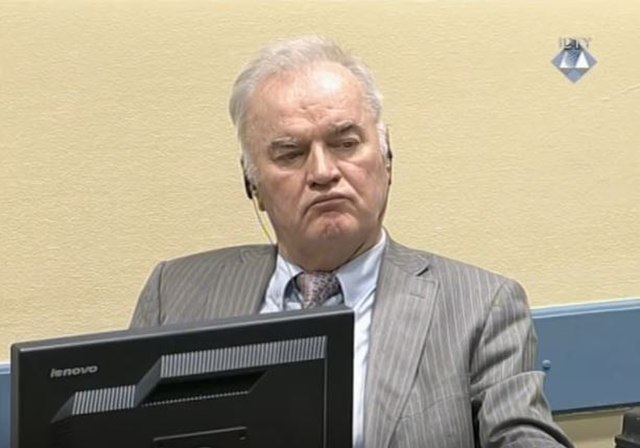Five former Bosnian Serb servicemen suspected of involvement in the 1995 Srebrenica massacre have been arrested in a police operation conducted in several localities in the east of Bosnia, prosecutors said on Wednesday.
The men, “former commanders and members” of the Bosnian Serb forces, are suspected of having “participated in the arrest and murder of around 70 victims, Bosnian men and teenagers, as well as one woman”, between 15 and 23 July 1995, the Bosnian war crimes prosecutor’s office said in a statement.
The victims had been captured in the eastern districts of Vlasenica and Sekovici as they tried to flee the enclave of Srebrenica, the UN “protected area” captured by Bosnian Serb forces on 11 July 1995, according to the same source.
The suspects are also accused of organising construction equipment and carrying out activities to conceal the bodies of people killed.
Some 8.000 Bosnian (Muslim) men and teenagers were killed in the space of a few days in July 1995 in Srebrenica by the forces of Bosnian Serb general Ratko Mladic, a massacre described as genocide by international justice.
Most of the victims of this massacre had been detained, then shot by the hundreds and buried in dozens of mass graves.
The remains of nearly 7,000 victims of the massacre have so far been found, identified and reburied, most of them in the cemetery of a memorial centre in Potocari, near Srebrenica.
Ratko Mladic was arrested in 2011 and finally sentenced to life imprisonment in 2017 by the International Criminal Tribunal for the former Yugoslavia for genocide, crimes against humanity and war crimes committed during the conflict in Bosnia (1992-1995), which claimed nearly 100,000 lives.
More than fifty people have been convicted by international and local courts, in Bosnia and Serbia, for the Srebrenica massacre, according to a report by the Memorial Centre.

